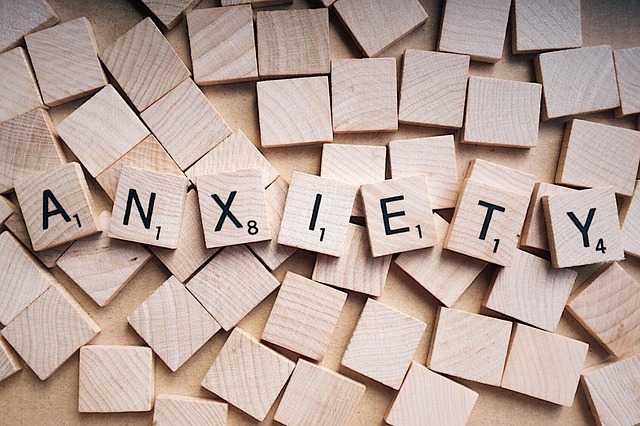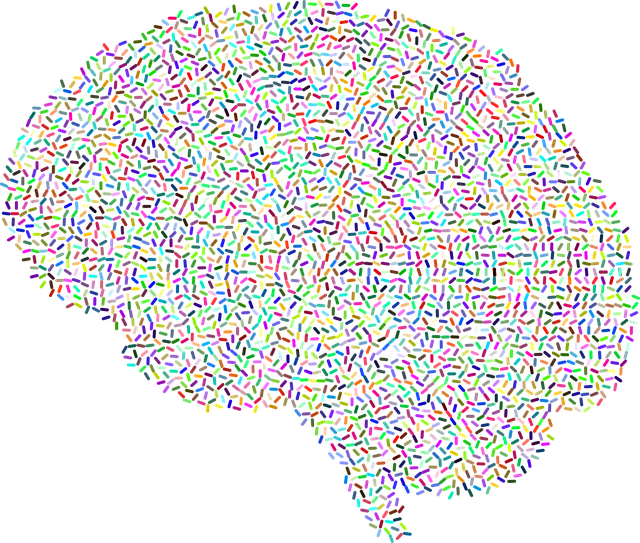Mental wellness apps offer accessible therapy tailored for children, addressing rising rates of drug and substance abuse through evidence-based practices integrated into engaging interfaces. These apps foster emotional intelligence, self-esteem, and resilience, empowering kids to manage addiction issues discreetly without stigma. By prioritizing ethical considerations like data privacy, developers can ensure safety while reaching at-risk populations via targeted marketing strategies for a healthier future.
In today’s digital age, mental wellness app development is a vital tool for addressing pressing issues like drug and substance abuse among children. With screen time on the rise, child-centric therapy apps offer a unique and engaging approach to early intervention and prevention. This article delves into the growing need for these apps, focusing on targeting drug abuse, essential features, ethical considerations, and effective marketing strategies. By exploring these key components, we aim to highlight the potential of mental wellness apps in promoting healthy development and mitigating risks associated with substance abuse.
- Understanding the Need for Mental Wellness Apps for Children
- Targeting Drug and Substance Abuse: A Critical Component
- Features to Include in Child-Centric Therapy Apps
- Ethical Considerations and Privacy Concerns
- Marketing and User Engagement Strategies for Success
Understanding the Need for Mental Wellness Apps for Children

In today’s fast-paced world, mental wellness is not just for adults – children also face significant emotional and psychological challenges. The rise in cases of drug abuse and substance abuse among youth underscores the pressing need for accessible therapy for children. Mental wellness apps offer a promising solution by providing therapeutic support tailored to younger users. These tools can be particularly effective in addressing issues like anxiety relief, conflict resolution techniques, and self-awareness exercises – all while fostering healthy coping mechanisms.
By integrating evidence-based practices into engaging mobile interfaces, mental wellness apps cater to the unique needs of children. They offer a safe, non-judgmental space for kids to express their feelings, learn valuable skills, and develop resilience. Moreover, these apps can be used discreetly, ensuring that children receive the support they need without stigma or hesitation, thereby promoting better overall mental health outcomes.
Targeting Drug and Substance Abuse: A Critical Component

In the realm of mental wellness app development, addressing drug and substance abuse is a critical component that often goes overlooked but demands significant attention. With increasing rates of therapy for children suffering from addiction, apps targeting prevention and recovery are essential tools in tackling this growing issue. By incorporating features that foster emotional intelligence and self-esteem improvement, these applications can play a pivotal role in early intervention and burnout prevention.
Targeting substance abuse requires innovative strategies to engage users and deliver effective support. Apps can leverage technology to create personalized experiences, offering discreet and accessible resources for those battling addiction. From virtual counseling sessions to interactive programs focused on stress management and mindfulness, these digital solutions aim to equip individuals with the tools they need to overcome drug abuse, ensuring a healthier and more resilient future for ourselves and our communities.
Features to Include in Child-Centric Therapy Apps

When developing therapy apps tailored for children, it’s essential to incorporate features that engage young users while addressing their unique therapeutic needs. Child-centric apps should offer a mix of interactive and creative tools to foster mental wellness. Incorporate Self-Awareness Exercises designed specifically for children, such as age-appropriate journaling prompts or visual activities, to help them identify and express emotions. These exercises can be tailored to promote understanding of triggers related to drug abuse or substance use, enabling early recognition and healthy coping strategies.
Additionally, include features that teach Communication Strategies. This might involve role-playing scenarios or interactive games that encourage children to practice expressing their feelings and needs effectively. Building these skills can help them communicate openly with caregivers and mental health professionals. Another crucial aspect is focusing on Inner Strength Development, where the app can introduce mindfulness techniques, positive affirmations, or small challenges designed to boost resilience and self-esteem. By integrating these elements, therapy apps can become powerful tools in preventing and addressing drug abuse issues among children while fostering their overall mental wellness.
Ethical Considerations and Privacy Concerns

In the realm of mental wellness app development, ethical considerations and privacy concerns are paramount. As these apps gain popularity, especially among younger users like children, developers must ensure that data is collected, stored, and used responsibly. The use of therapy for children to address issues such as drug abuse or substance abuse raises distinct challenges; it’s crucial to balance accessibility with protection, ensuring that sensitive information remains secure and confidential.
Privacy becomes even more critical when considering features aimed at resilience building and emotional intelligence. Apps focused on stress management must adhere to strict guidelines to prevent misuse or unauthorized access. Developers must be transparent about data usage, obtain informed consent, and implement robust security measures to safeguard users’ mental health information. This is essential for fostering trust and ensuring that these digital tools enhance, rather than compromise, the well-being of their users.
Marketing and User Engagement Strategies for Success

In the competitive landscape of mental wellness apps, successful marketing and user engagement strategies are pivotal for standing out. One effective approach is to target specific demographics, such as children and adolescents grappling with drug abuse or substance use disorders. Tailoring content and features to address their unique needs—including therapy sessions, coping skills development, and crisis intervention guidance—can significantly enhance appeal and utility. Leveraging social media platforms, influencer partnerships, and targeted advertising campaigns can help reach at-risk populations where they are most active.
Emotional intelligence (EI) is another key aspect that can set your app apart. Incorporating tools and exercises focused on EI can empower users to better understand and manage their emotions, thereby promoting mental wellness. Regular engagement through gamification, personalized feedback, and progress tracking encourages consistent use. Additionally, featuring success stories and testimonials from peers who have benefited from the app can foster a sense of community and inspire others to prioritize their emotional well-being, especially during challenging times like substance abuse recovery.
Mental wellness apps have the potential to revolutionize therapy for children, addressing critical issues like drug and substance abuse. By incorporating engaging features tailored to young users, these apps can provide accessible and effective support. Ethical considerations and privacy are paramount, ensuring trust in these digital tools. Successful marketing strategies and user engagement techniques will be key to harnessing the positive impact of mental wellness apps, offering a promising path forward for child-centric therapy in the digital age, particularly in combating drug abuse.










